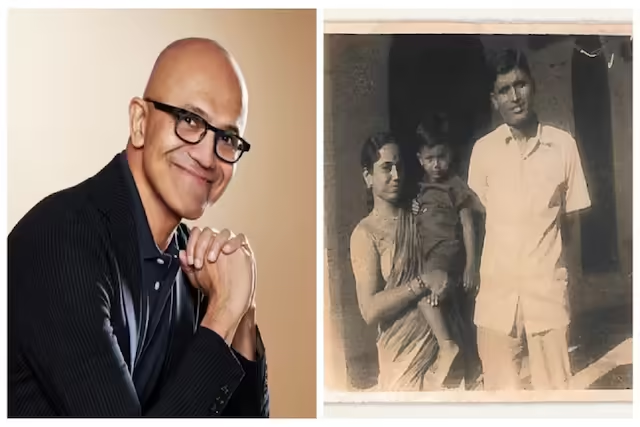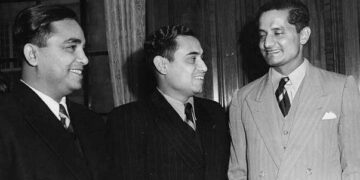Thakkar Bappa (English: Thakkar Bapa, born- November 29, 1869, Bhavnagar district, Gujarat; death- January 20, 1951) was famous for his service activities. Remembering his spirit of service, Dr. Rajendra Prasad had said – “Whenever we remember the selfless servants, the statue of Thakkar Bappa will stand in front of our eyes.” After the independence of the country, Thakkar Bappa was also a member of Parliament for some time.
Thakkar Bappa was born on November 29, 1869, before independence, at a place called Bhavnagar in Kathiawar. His original name was Amritlal Thakkar. Later, only after becoming famous in his service work, he came to be known as Thakkar Bappa. His father Vithaldas Lalji Thakkar was a man of ordinary status. But he had special attention towards the education not only of Thakkar Bappa but also of the children of the entire society. Thakkar Bapp’s life was also affected by his father’s service. At that time the stigma of untouchability was widely spread in the society. The feeling of opposition towards this had arisen in Thakkar since childhood. Thakkar Bappa passed the engineering examination from Pune after getting a scholarship.
Thakkar Bappa worked for railways in Sholapur and Bhavnagar for some time. But because he did not take bribe like other officers, he could not remain in this job for long. Then Thakkar Bappa worked in Barhwan and Porbandar state. Went to Uganda (Africa) and laid a railway line. On his return, after working for a few days in Sangli State, he got a job in Mumbai Municipality in the railway which used to take out the garbage of the entire city. There Thakkar Bappa saw that even to get the job of collecting garbage, the untouchables had to pay bribes. This further awakened in him the feeling of serving the Harijans. He had worked for 23 years.
Thakkar Bappa took initiation into social service from Gopalkrishna Gokhale, the founder of ‘Bharat Sevak Samaj’ in 1914 AD and remained engaged in public service throughout his life. For this reason he became famous by the name of Thakkar Bappa. Thakkar Bappa carried forward the work of Khadi in Kathiawar. Helped people during the famine in Orissa and opposed the atrocities against people in the princely states. Thakkar Bappa spent the next ten years from 1922 serving the Bhils. There would hardly be any state in India where Thakkar Bappa has not reached for some service work or the other.
After the independence of the country, Thakkar Bappa was also a member of Parliament for some time. He also used this post in the service of Dalits and primitive castes. Remembering his spirit of service, Dr. Rajendra Prasad had said – “Whenever we remember the selfless servants, the statue of Thakkar Bappa will stand in front of our eyes.”
Meanwhile, when ‘Untouchability Prevention Sangh’, which was later called ‘Harijan Sevak Sangh’, was formed under the inspiration of Gandhiji, Thakkar Bappa was made its minister. In 1933, when Gandhiji toured the entire country for Harijan work, Thakkar Bappa was with him. He also carried forward the movement for the rights of Harijans to enter temples and use water bodies. He also accompanied Gandhiji during his visit to Noakhali during the communal riots of 1946-1947.
Thakkar Bappa died on January 20, 1951.






